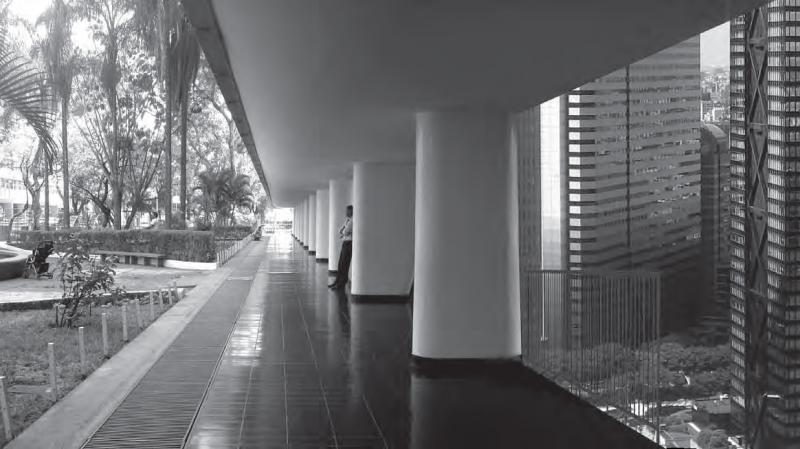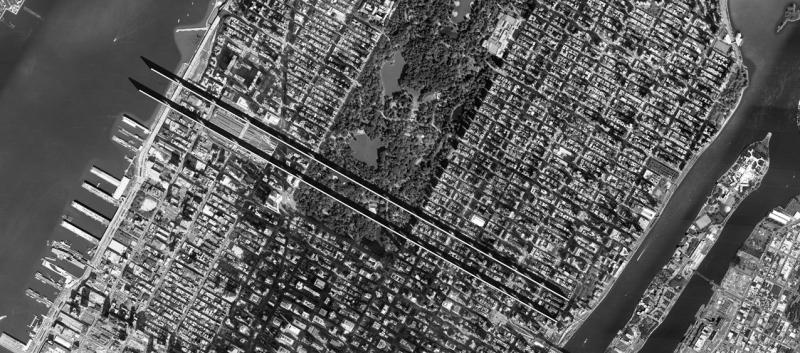The newly launched Projective Cities programme is dedicated to the study of the city as a projective site for new architectural knowledge, speculation and research leading to an MPhil in Architecture. It aims to reclaim and declare architecture as essential to theorise, conceptualise, describe, form, organise and ultimately project new ideas of and for the city. Phase I of the programme is delivered through seminars and design studios, followed by Phase II, when students independently develop their research agendas through an integrated design and written dissertation.
The contemporary city is the focus of investigation for the Projective Cities programme. This year students studied dominant types through a critical descriptive analysis of architectural precedents and the study of related large-scale masterplans. They also explored the notions of deep structure and dominant type within the context of the city while expanding their utility through the concepts of typological conflict and change.
This led to an exploration of research of railway stations and the Tokyo Bay proposal by Kenzo Tange in comparison to Fumihiko Maki’s group-form, and to the analysis of corridor types in relation to the Toulouse Le Mirail plans by Josic, Candilis and Woods. As a result of these studies two areas of ongoing research have emerged:
Tokyo as a City of Interspaces
The challenge for the podium is to create differentiated and multiple ground conditions enabling rich typologies and urban fabrics that are normally antithetical to the strict separation of podium and tower.
Reframing the Linear City
The linear urban corridor has the potential to mediate between different functions and privacies by defining a complex spatial and programmatic layering of edges, voids and enfilades.

